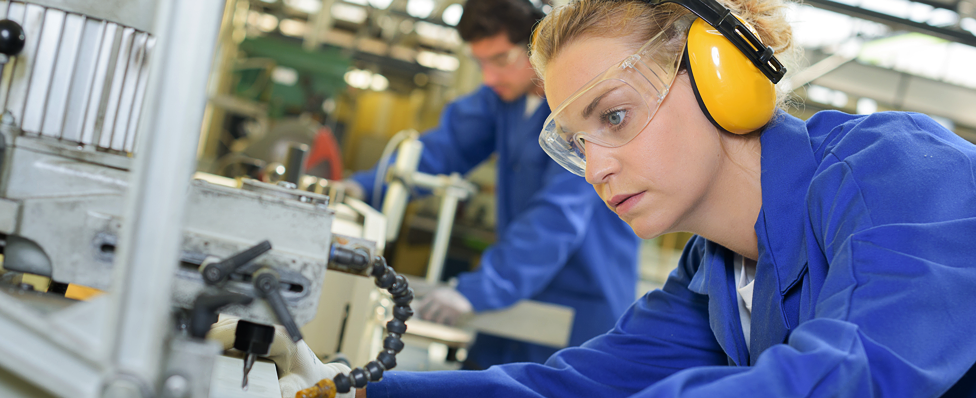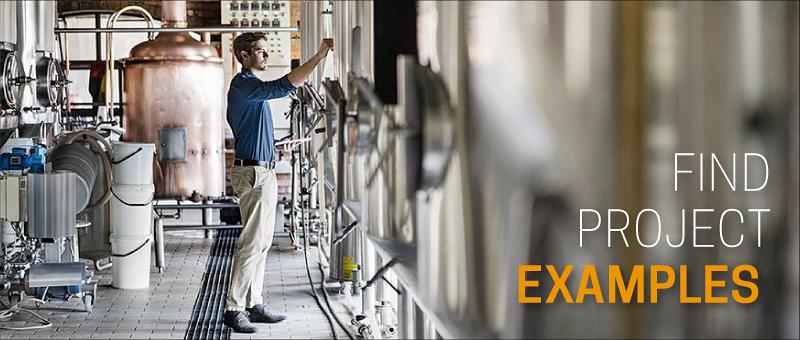Manufacturers brace for EU ‘product passports’ to improve recycling
(european-energy-review, 3 Apr 2023) European consumers suspect businesses purposefully make products to break down quickly and be unrepairable, and while a new EU-wide “product passport” aims to extend its lifetime and improve recyclability, there are big questions about how it will work.
Whether it’s dishwashers, televisions or laptop computers, many people believe their products are not built to last, and repairing them is usually more expensive than replacing it.
However, this is difficult to prove with hard data, and manufacturers strongly deny the claim.
“Regardless of what you read in the press, the average lifetime of household appliances is actually growing, it is not becoming less,” said Paolo Falcioni, director general of APPLiA, the European appliance industry association.
For instance, Falcioni’s washing machine has lasted 20 years, said the Italian lobbyist who spoke at an event organised last week in Brussels by EuRIC, the European recycling industry association.
But BEUC, the European consumer organisation, believes this is a real phenomenon. Last week, the group published the results of a long-running study on the issue called the PROMPT project.
The consumer group tested products to assess their lifetime and repairability, and while it couldn’t prove “planned obsolescence” – companies purposefully making products to break down – they did identify “premature obsolescence” – products being thrown away earlier than they need to be.







